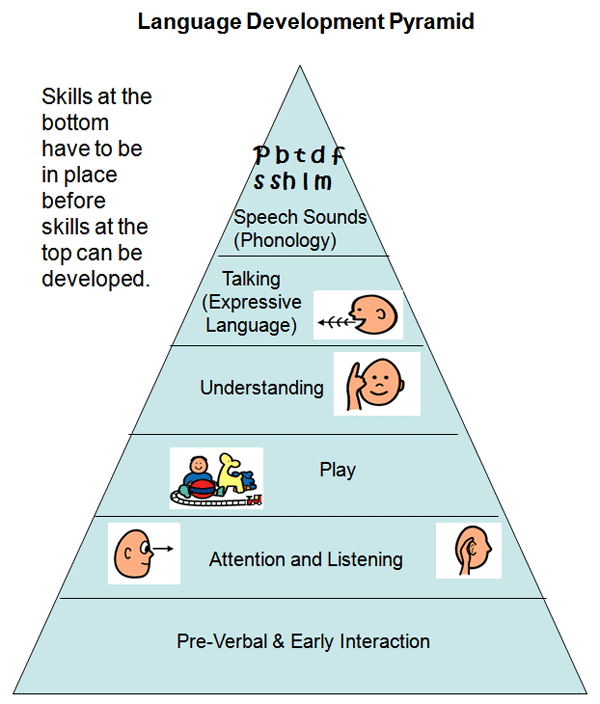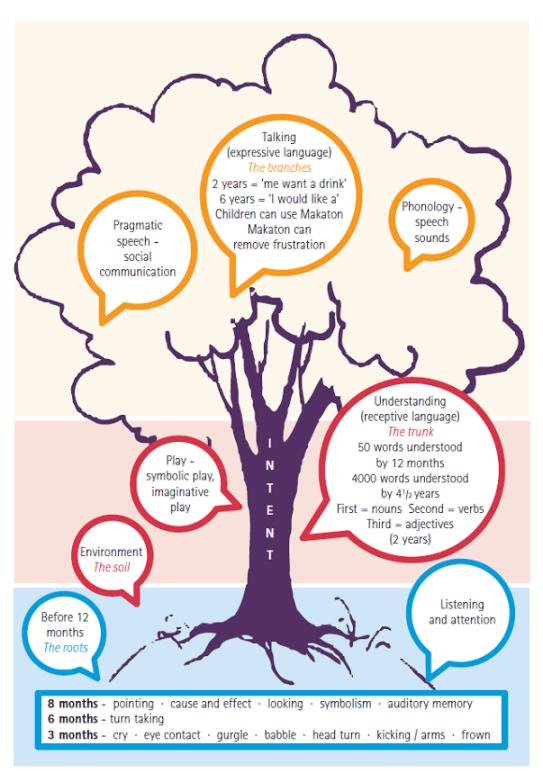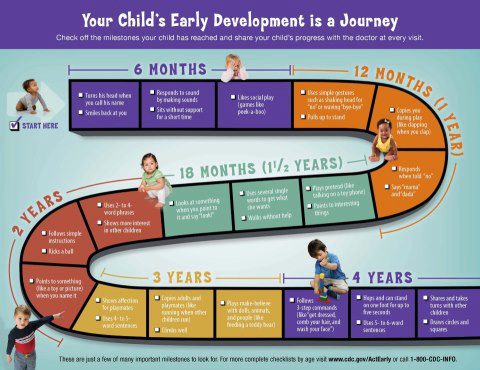Will My Child Outgrow His Speech Impediment?
Walking, talking, and learning to read are just some of the major milestones that parents look forward to watching their children achieve. Sometimes, however, children show signs of struggle in any of these areas and parents are left worrying and wondering if it is just a phase or something more. If your child appears to struggle with communication, you might be one of many parents who wonder: Will my child outgrow his speech impediment?
Speech Impediment or Just Late Bloomer?
As infants and toddlers grow and move through milestones, parents can wait anxiously for those first words and sentences. Even in infancy babies shows signs of language development milestones. However, there are times when babies and toddlers appear to be either non-communicative altogether, or when their language abilities seem fairly limited when compared to other children of similar ages.
Late talkers are considered to be those who are 18 months of age or older with a vocabulary of 20 words or fewer. Here is the challenge – comparing children and milestones without losing parental sanity or placing extreme pressure on kids to “measure-up”. If you are concerned about your child’s speech development, there are several general guidelines for age-related milestones. The National Institute on Deafness and Other Communication Disorders (NIDCD) has an online checklist available for parents who are concerned about their children’s speech and communication development. As always, any concerns you have should be discussed with your child’s pediatrician or healthcare provider.
Can a Child Really Outgrow a Speech Impediment?
Some children do not reach these speech and language milestones at the same rates as their peers, and other children appear to have noticeable speech impediments – where normal speech patterns are somehow disrupted. Research shows that approximately 5% of children have legitimate speech disorders that are not simply phases in speech patterns. Some of the most common children speech impediments include stuttering, lisps, and articulation problems.
Stuttering – This is a fairly common speech disruption, also known as a disfluency, in children who are between 2 and 6 years of age. There are two general categories of stuttering, more typical and less typical, and the type with which the child struggles often indicates whether or not it will be more easily outgrown. More typical disfluency patterns are more commonly outgrown, where less typical disfluencies often indicate a more pronounced speech impediment that will need and benefit from speech therapy.
Lisps – There are four general types of lisps: palatal, lateral, dentalized, and interdental. Lateral and palatal lisps are less likely to be outgrown. Typically children who do not outgrow their lisps by ages 7 or 8 will need some form of speech therapy.
Articulation – There are many different forms of articulation with which your child might struggle. Speech sound errors that are common in young children include:
- Omissions – paghetti instead of spaghetti
- Substitutions – tandy instead of candy
- Distortions – sthank you instead of thank you (also known as lisps)
Children who struggle with these types of speech impediments may very well outgrow them by the time they are ready for kindergarten, but it is important to discuss concerns with your child’s healthcare provider for any developmental challenges as there are also many other causes and types of speech disorders. While it is true that many toddlers and preschoolers show signs of speech issues that eventually are outgrown, it is important to seek early intervention for speech impediments. Speech-language pathologists (SLPs) are trained in identifying these and many other types of speech delays and disorders. The earlier these are identified and addressed, the lower the negative impact will be in school, social, and emotional aspects.





